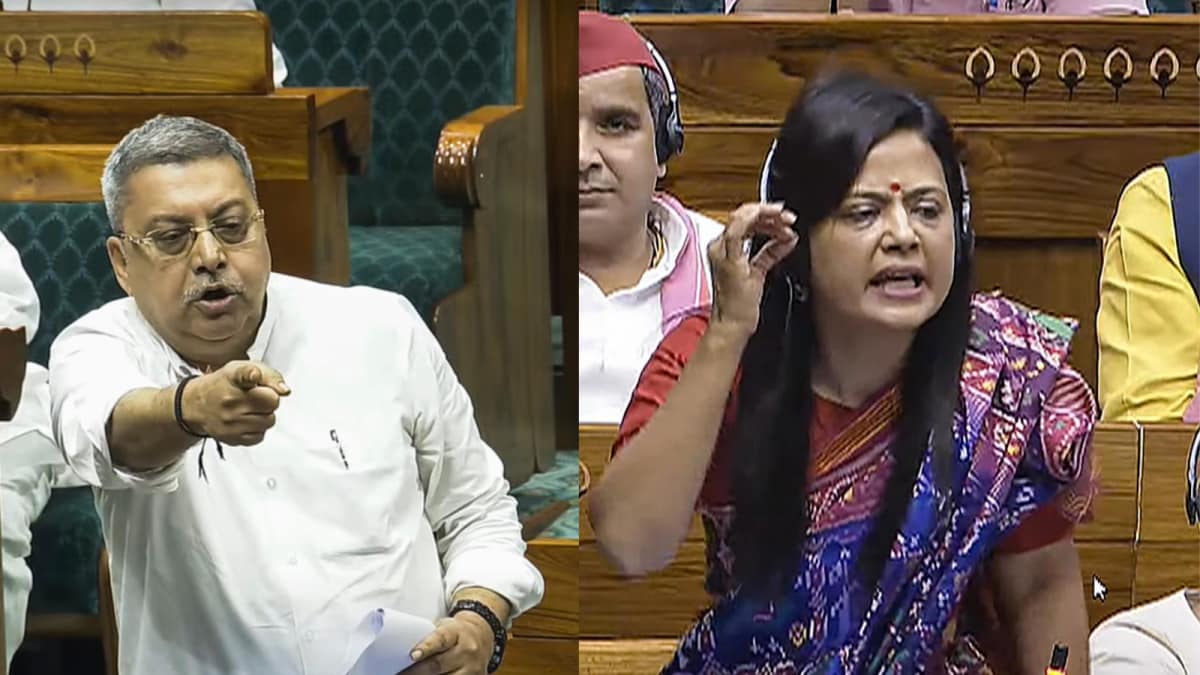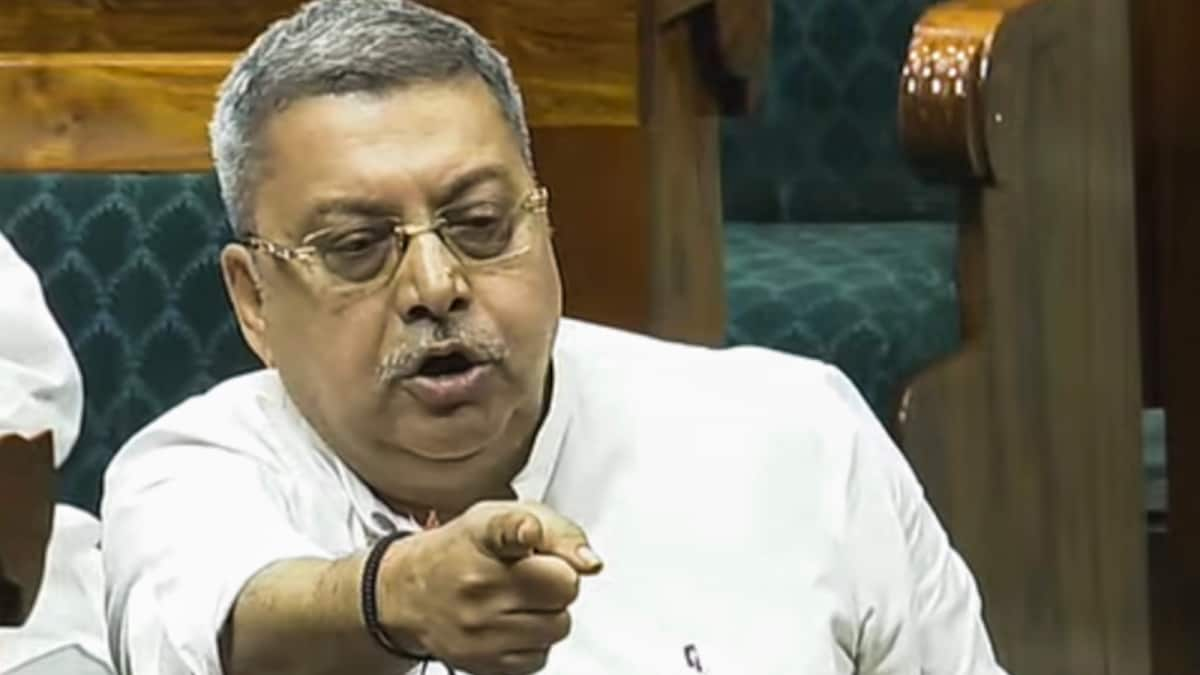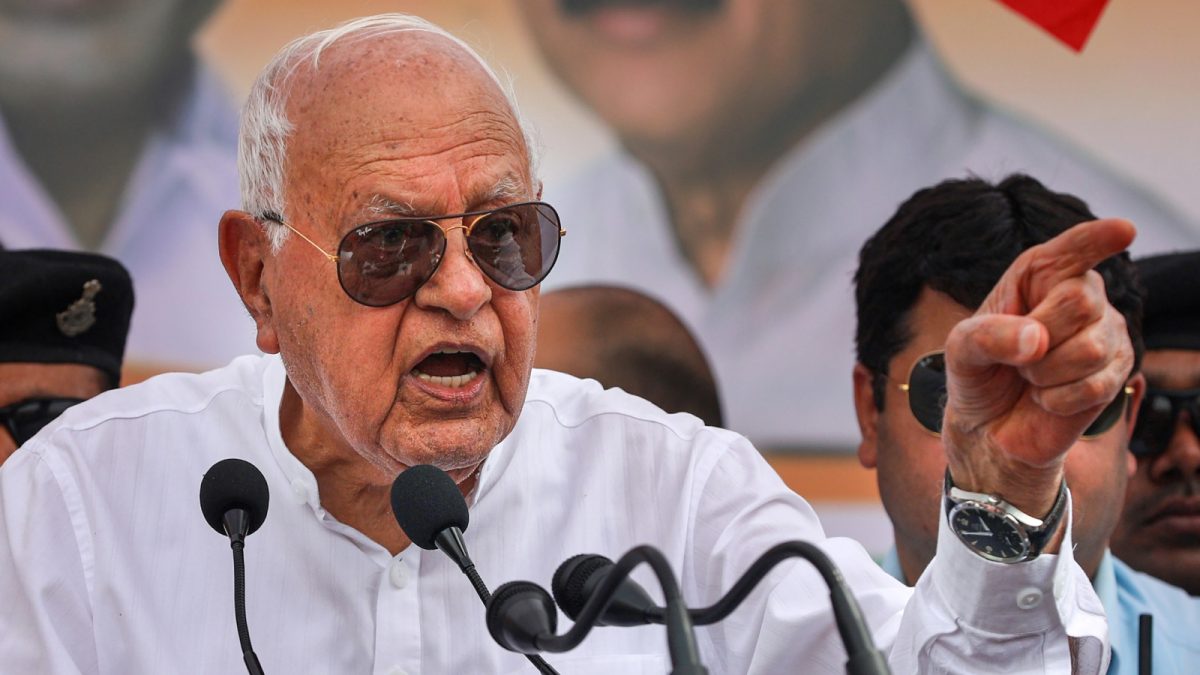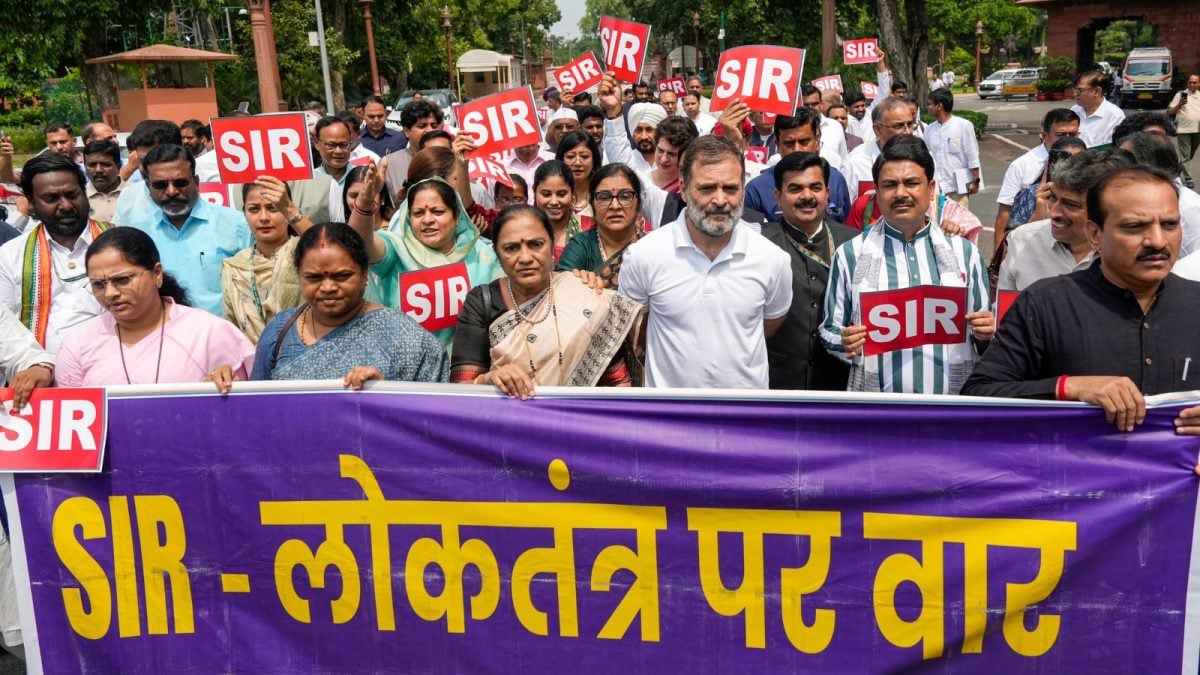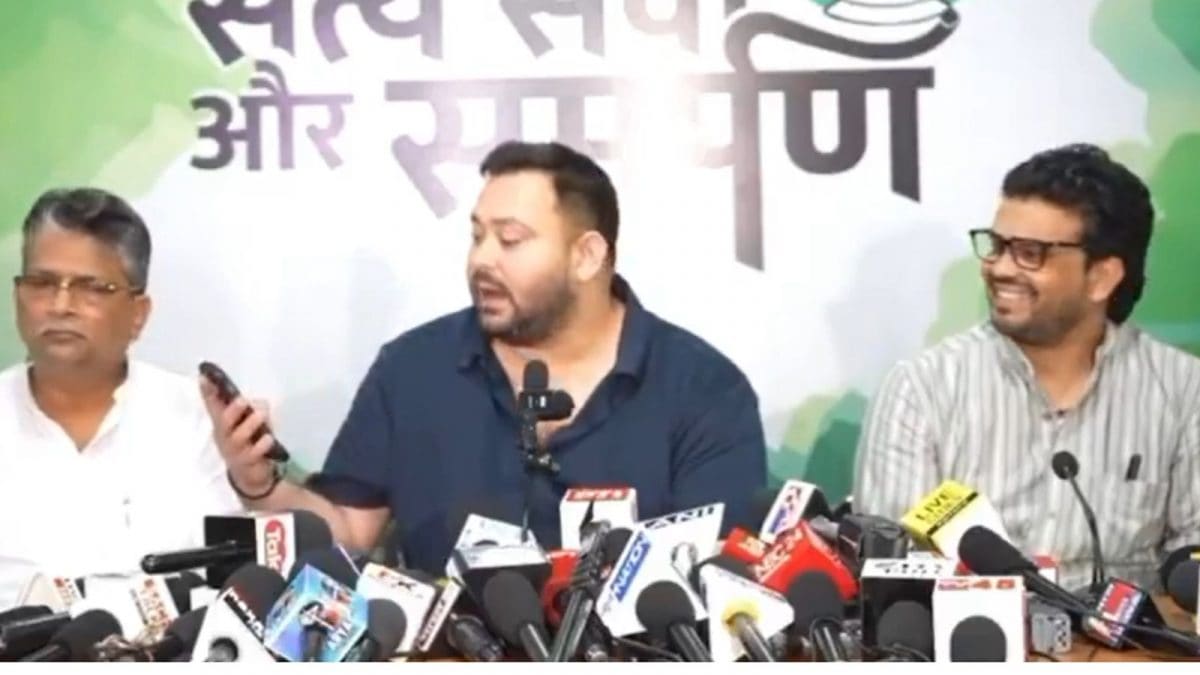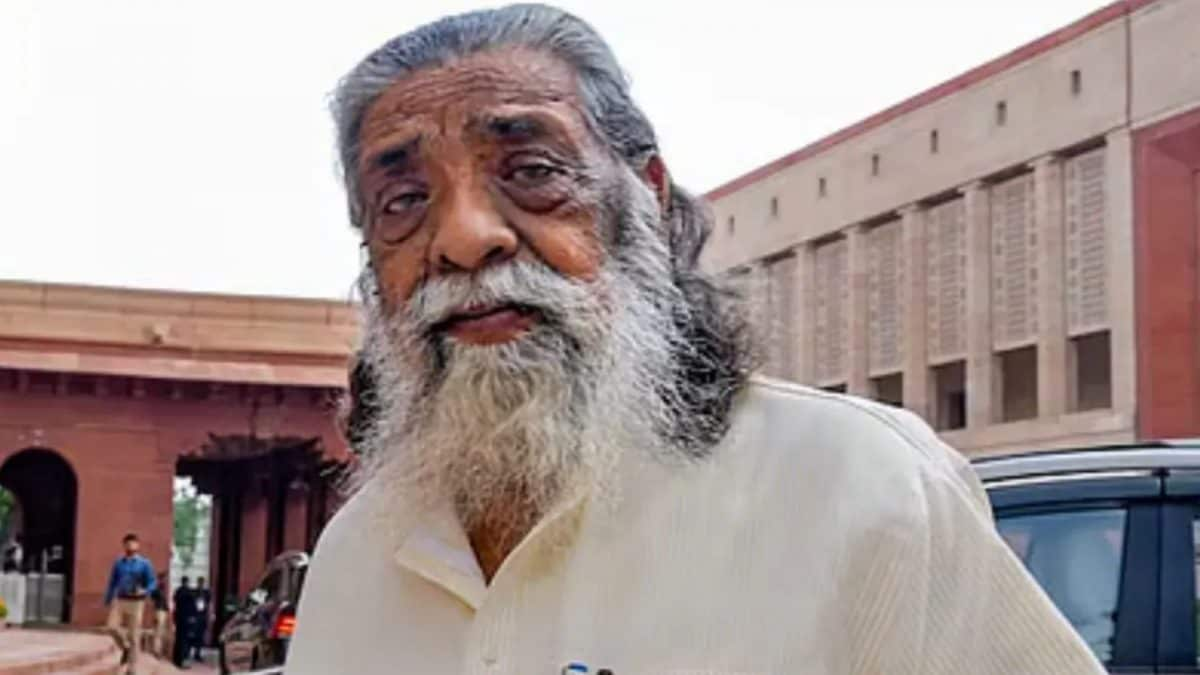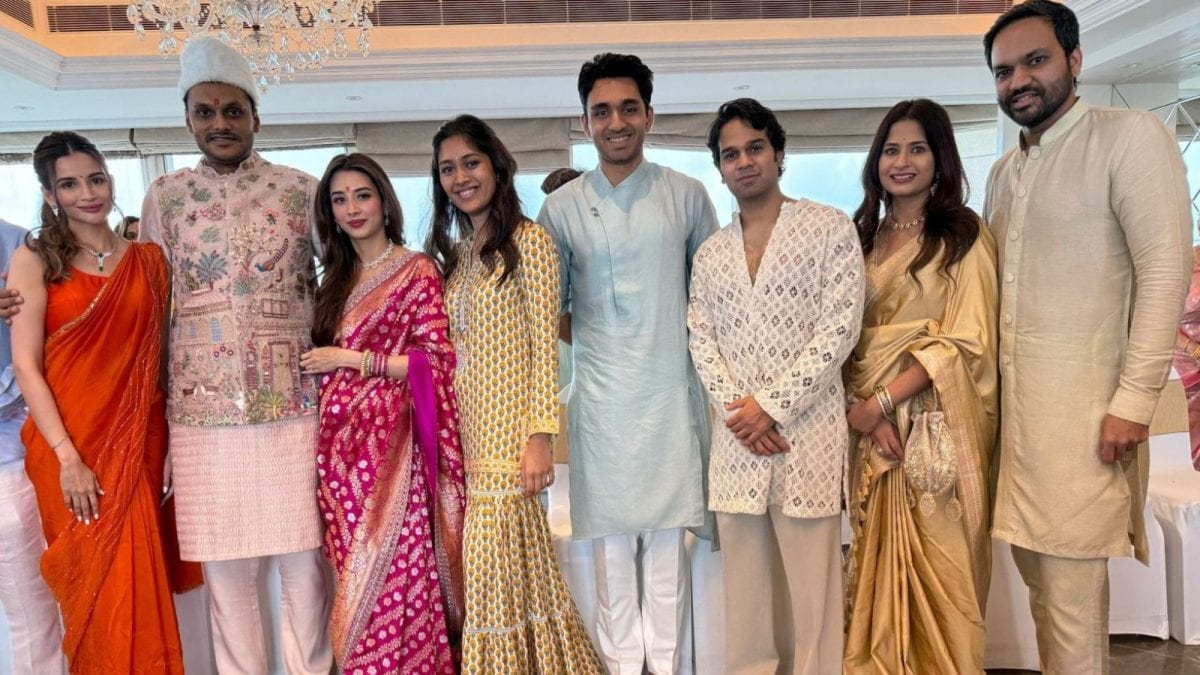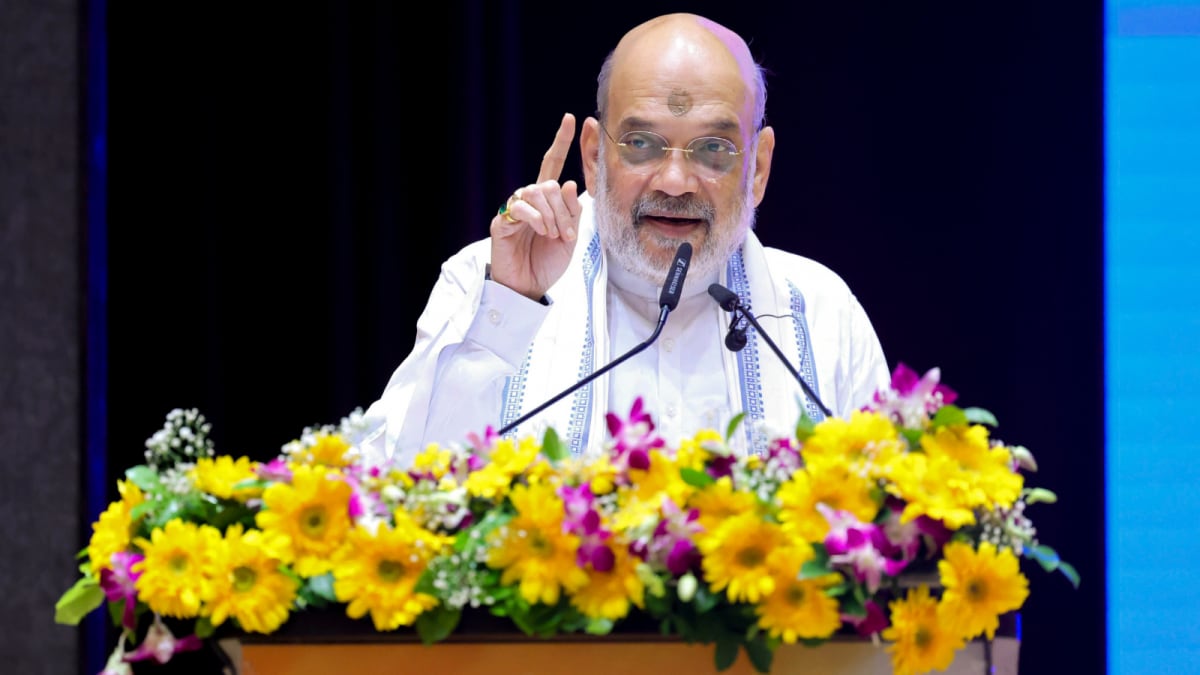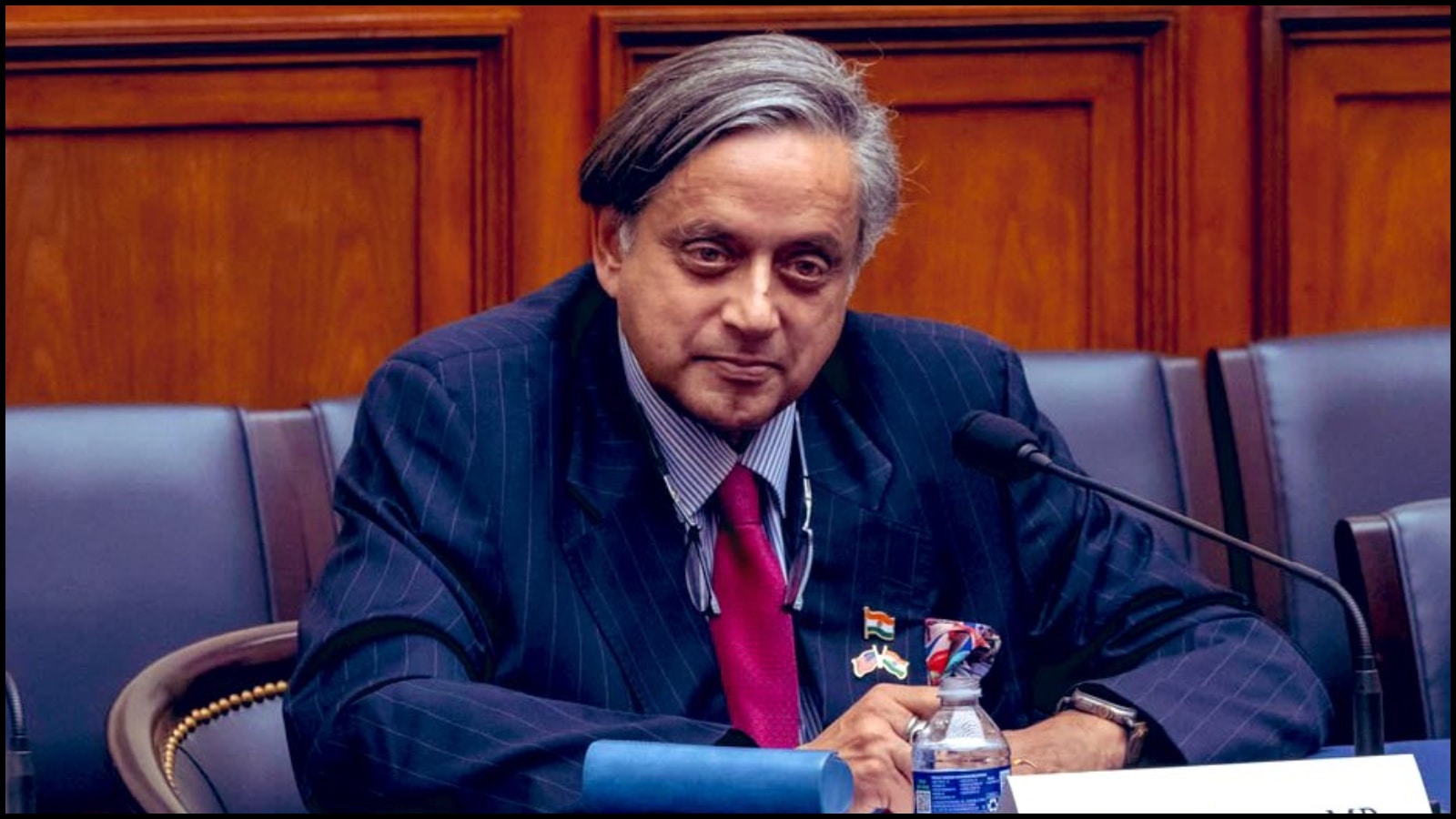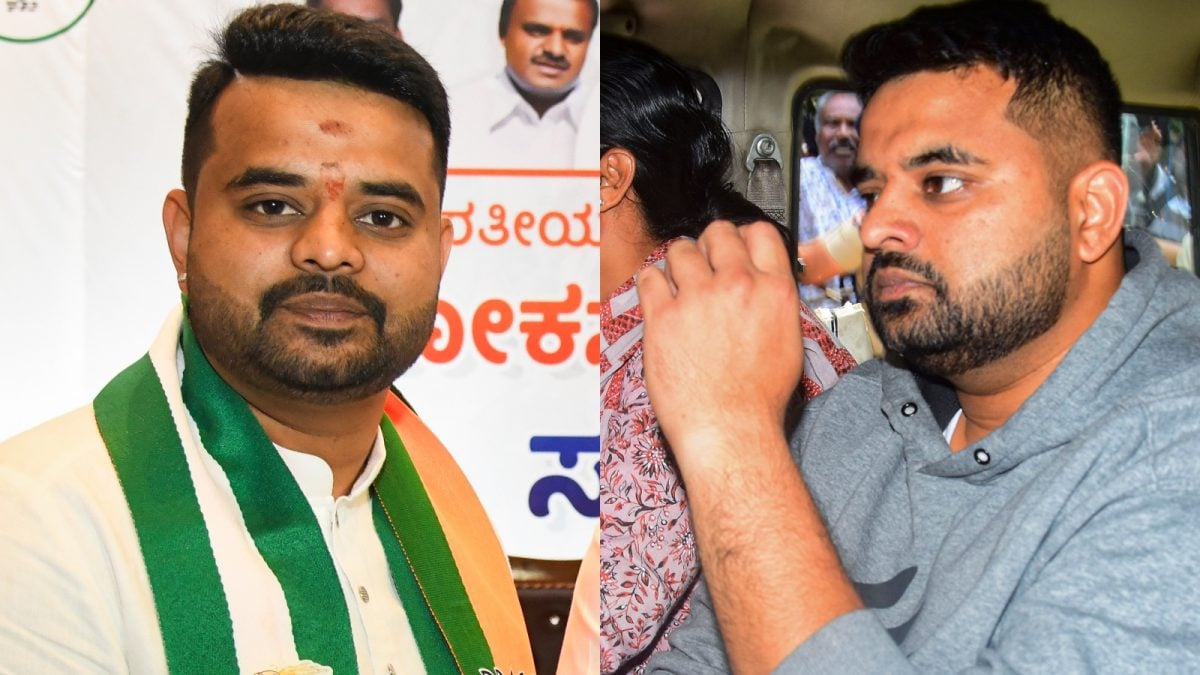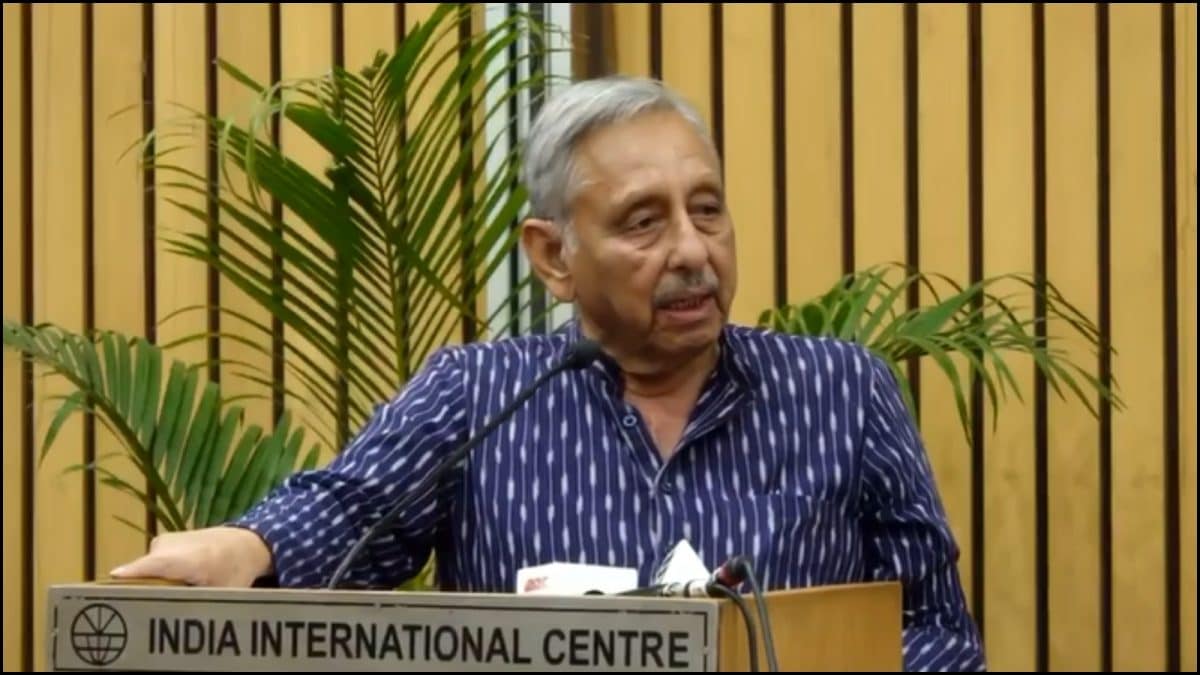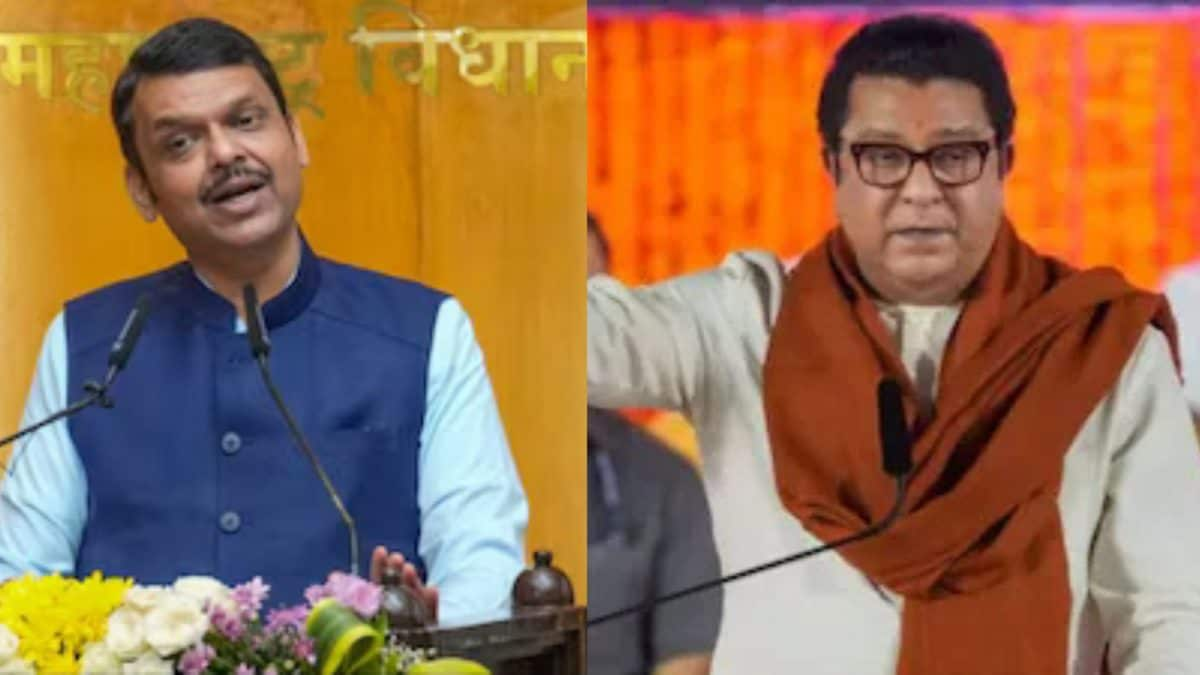Last Updated:August 04, 2025, 11:37 IST
Shibu Soren dodged arrest, went to jail, faced two major trials, yet the JMM founder shaped Jharkhand’s governments more than any other leader since statehood

JMM Founder Shibu Soren passed away on August 4, 2025, at 81. (PTI Photo)
When Jharkhand was carved out of Bihar in November 2000, it was meant to mark a new beginning, one driven by tribal assertion, regional pride, and grassroots governance. What followed, however, was two decades of political turbulence: unstable coalitions, President’s Rule, short-lived chief ministers, and shifting loyalties. Amid this chaos, only one figure remained consistently at the heart of it all — Shibu Soren, the founder of the Jharkhand Mukti Morcha (JMM), revered as “Dishom Guru" and reviled for the criminal cases that trailed him for decades.
Soren passed away on August 4, 2025, at 81, closing the chapter on one of India’s most polarising political lives, a man whose legacy straddled statehood and scandal.
The Political Revolving Door That Was Jharkhand
Since its formation in 2000, Jharkhand has been synonymous with political instability. Between 2000 and 2010 alone, the state had six chief ministers and endured three instances of President’s Rule.
Governments were formed with wafer-thin majorities, alliances were stitched and snapped with little notice, and independents were often kingmakers.
Amid this constant churn, Shibu Soren became Chief Minister three times, yet never served a full term.
His first stint in March 2005 lasted just nine days. Appointed CM with Congress backing, Soren failed to prove his majority and had to resign.He returned in August 2008, forming a government with support from Congress and independents, but that regime too collapsed by January 2009.His third term, beginning in December 2009, ended in May 2010 after the BJP withdrew support over a seat-sharing dispute.Despite these setbacks, Soren remained Jharkhand’s most recognisable political face. His JMM played pivotal roles in propping up governments, both in the state and at the Centre. Even when not in office, his endorsement or opposition could make or break coalitions.
The Rise Of ‘Dishom Guru’
Born on January 11, 1944, in Nemra village (now in Ramgarh district, Jharkhand), Soren emerged as a mass leader in the 1970s, when he led the “Dhan-Kati" movement, a protest by tribal farmers against exploitative moneylenders and landlords. He formed the Jharkhand Mukti Morcha (JMM) in 1972, advocating for a separate state and tribal rights.
In tribal belts, he became a cult figure, someone who held impromptu people’s courts against zamindars and was seen as the protector of Adivasi interests. His base in Dumka, from where he won the Lok Sabha seat eight times, became synonymous with his rise.
By the 1980s and 90s, Soren was not just a regional leader but a national player, often courted by both the Congress and the BJP for his ability to swing tribal votes.
The Chirudih Massacre Case
Soren’s political career, however, was shadowed by serious legal controversies, the most enduring being the Chirudih massacre case.
On January 23, 1975, a violent clash erupted in Chirudih village, Dumka district (now in Jamtara), between two mobs, one tribal, allegedly led by Soren, and the other of non-tribals linked to the CPI. Eleven people, including nine Muslims, were killed.
The FIR named 69 accused, with Soren listed fourth. According to reports, one accused, Lakhindra Soren, gave a dying declaration on February 7, 1975, claiming: “Shibu Soren told us that since Muslims were burning tribal houses, we should first kill the Muslims."
The case dragged on for decades. A chargesheet was filed in 1979; trial proceedings formally began only in 1986. Soren was elected as an MP in 1980, and failed to appear in court several times. An arrest warrant issued in 1984 resurfaced in 2004, leading to a dramatic episode where Soren, then Union Coal Minister, went underground to avoid arrest.
He finally surrendered in Jamtara court in July 2004 and spent over a month in jail.
In March 2008, a fast-track court acquitted Soren and 13 others, citing lack of evidence and granting benefit of the doubt. Seven others were convicted; one remained absconding.
The judgment sparked celebrations among JMM workers, who hailed it as the end of a politically motivated case that had hung over their leader’s head for 33 years.
The Shashi Nath Jha Murder
If the Chirudih case dogged Soren for decades, the Shashi Nath Jha murder case nearly ended his career.
Jha, a JMM MP and Soren’s former aide, disappeared in 1994. His body was later found in Ghaziabad. The CBI charged Soren and others, alleging that Jha was abducted and killed because he had knowledge of bribery involving JMM MPs in the 1993 no-confidence vote that saved the Narasimha Rao government.
In November 2006, a Delhi court convicted Soren of murder and criminal conspiracy, sentencing him to life imprisonment. He resigned as Coal Minister and was lodged in Tihar Jail.
But in a dramatic twist, the Delhi High Court overturned his conviction in August 2007, stating that the prosecution had failed to provide direct evidence linking Soren to the crime.
This acquittal paved the way for his third term as Jharkhand CM in December 2009.
Never King For Long, But Always Kingmaker
Despite his legal entanglements and brief CM stints, Soren remained central to Jharkhand politics for over four decades. His party’s tribal base, especially in the Santhal Pargana region, remained fiercely loyal. Whether forming governments or bringing them down, Soren’s consent was often non-negotiable.
Even as his health declined, he continued to exert influence through his son Hemant Soren, who became Chief Minister in 2013, again in 2019, and remains in office today.
Soren formally stepped down from active politics in April 2025, passing the JMM baton to Hemant. But he was still seen as the ideological patriarch of the party, the embodiment of Jharkhand’s tribal resistance and political bargaining power.
Shibu Soren’s Complex Legacy
To his supporters, Shibu Soren was a freedom fighter for Jharkhand, a tribal hero who fought systemic injustice. To critics, he represented the murkiness of Indian politics, a leader entangled in multiple criminal cases, yet always within striking distance of power.
His death brings the curtain down on a life that embodied both the triumph and the tragedy of post-statehood Jharkhand, a leader who, despite never completing a term, played a role in shaping every government Jharkhand saw.
In a state known for temporary governments, Soren was the controversial constant, both revered and reproached, but never ignored.

Karishma Jain, Chief Sub Editor at News18.com, writes and edits opinion pieces on a variety of subjects, including Indian politics and policy, culture and the arts, technology and social change. Follow her @kar...Read More
Karishma Jain, Chief Sub Editor at News18.com, writes and edits opinion pieces on a variety of subjects, including Indian politics and policy, culture and the arts, technology and social change. Follow her @kar...
Read More
August 04, 2025, 11:37 IST
News politics Shibu Soren: The Controversial Constant In Jharkhand’s Tumultuous Politics
Disclaimer: Comments reflect users’ views, not News18’s. Please keep discussions respectful and constructive. Abusive, defamatory, or illegal comments will be removed. News18 may disable any comment at its discretion. By posting, you agree to our Terms of Use and Privacy Policy.
Read More

 7 hours ago
7 hours ago
